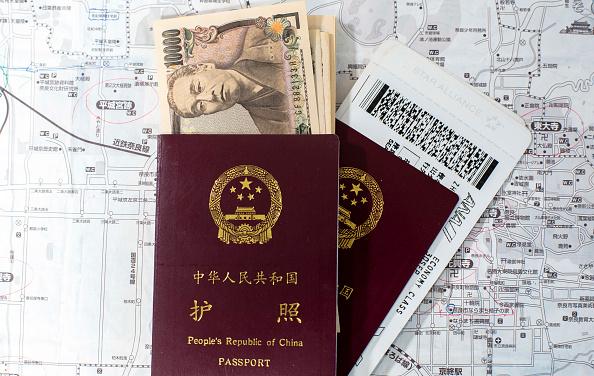The community committee of a residential district in Beijing has required all residents who have ever lived in other countries to register detailed information to the local Chinese Communist Party authorities.
Residents who fall under the inspection requirement include those who have returned to China after living as an expat in other countries, as well as their family dependants; students who have studied abroad; and others who have returned after working or living abroad. They are required to register with the local community committee office in charge of their residential area—a section of the Wangjing neighborhood in Chaoyang District, Beijing—before Mar. 26, according to a report by Radio Free Asia (RFA).




